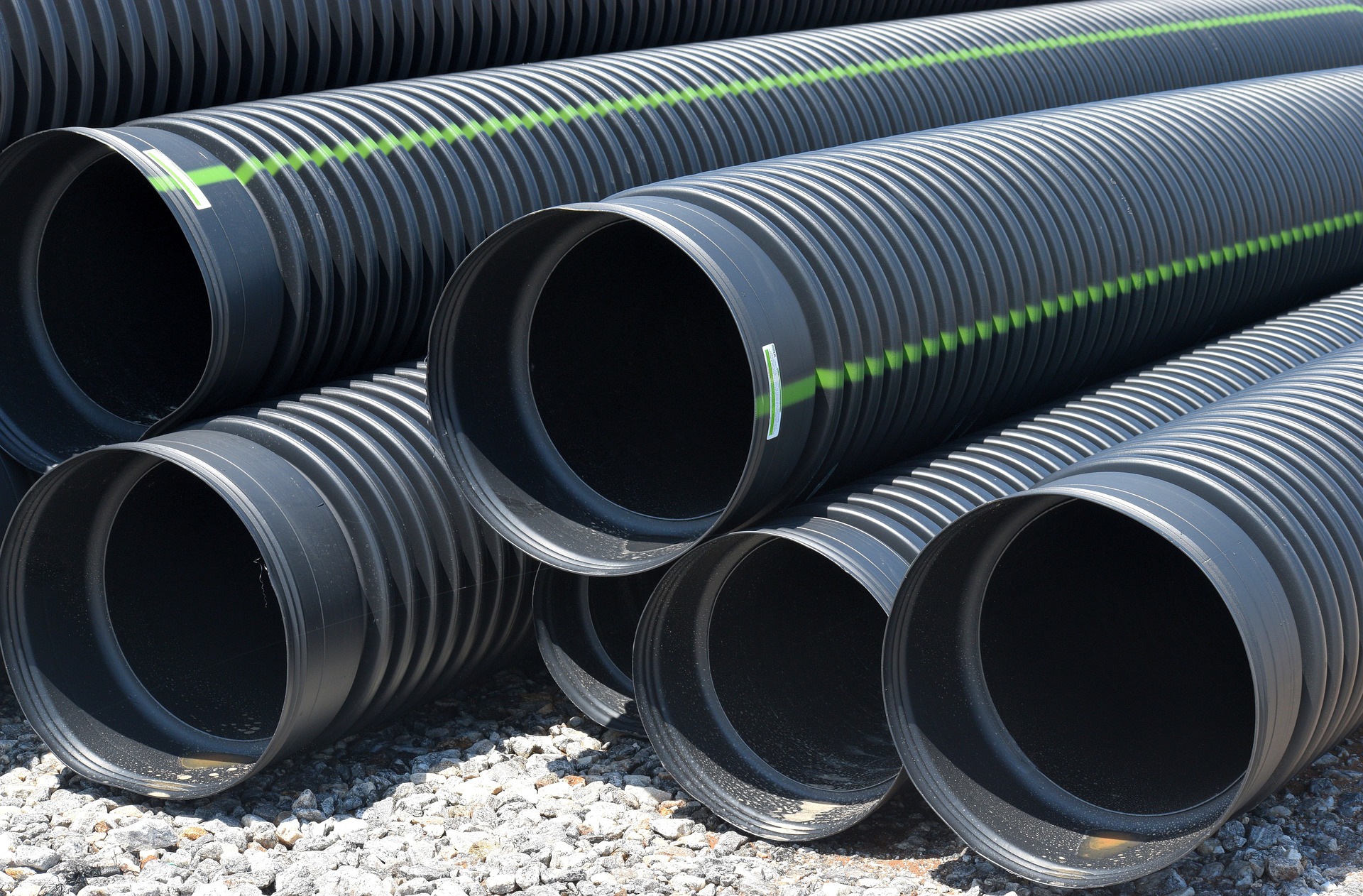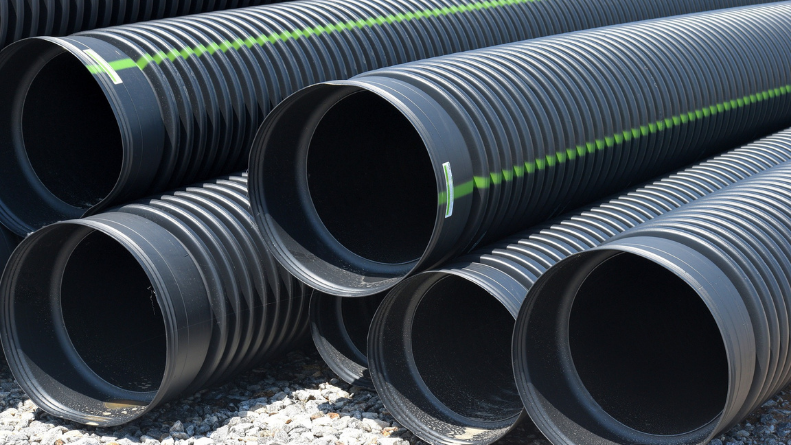Construction Waste Management and the Environment
There’s no getting around the fact that all construction sites produce a lot of waste, and to give an idea of how much, in 2016, the waste generated in the UK from construction sites amounted to a whopping 61%, which includes not just construction but also demolition and excavation.
Businesses in the UK that produce waste have a legal responsibility to manage it properly and ensure that they are following the waste management hierarchy, which seeks to reduce, reuse, and recycle the waste before it is disposed of. This process is an important part of the UK’s waste management strategy in order to help reduce its environmental impact and help better manage landfill sites.
The necessity of construction waste management
UK statistics show that in 2016, 66.2 million tonnes of waster were generated from the construction and demolition sector alone. Despite this huge number, thanks to good waste management procedures, around 60.2 million tonnes were successfully recovered. This equates to an impressive 91% recovery rate. This clearly demonstrates that the UK construction industry takes its recovery of waste seriously.

A huge part of achieving this recovery rate success is down to businesses understanding how to properly manage their waste, and thereby limiting the stress and demand they place on our landfill sites. It goes without saying that resources are both in high demand and finite.
Indeed, at a time when the world is dealing with a pandemic of coronavirus, resources are all the more precious as costs are rising due to a number of factors, including shipping and labour issues. Another such issue is connected to climate change, as more forest fires have affected the availability of timber in some regions, making it harder and more expensive to source for the construction industry.
What we gain from good construction waste management
With good waste management processes in place comes legal compliance with the Waste (England and Wales) regulations 2011, since all businesses are legally responsible for the proper management of their waste. This legislation covers all businesses that produce, import or export, carry or transport, store, treat, or dispose of waste.
Proper handling of waste will also help ensure that standards of health and safety remain high, not only for employees and contractors, but also for the general public. Taking steps to prevent accidents is important to all businesses. This is why good practises in handling and segregation of waste help prevent materials being left in inappropriate places, such as where they can cause a trip hazard.
Financial savings is another huge benefit from good construction waste management. For example, reducing costs can come from reusing valuable materials that would otherwise not only cost you by paying for them to go to waste but also paying for them to be removed.
The World Economic Forum (WEF), along with many governments, is placing emphasis on a new type of corporate vision called stakeholder capitalism. This new vision is, in part, about ensuring better corporate social responsibility. Good waste management, especially in terms of how much is disposed of, will better help protect the environment, achieve a circular economy, and reach sustainability goals. Recent events like the pandemic along with growing public awareness of our climate emergency, which the Intergovernmental Panel on Climate Change (IPCC) called in a recent report a “code red” situation, means that better stewardship of our environment is something we are all taking more seriously. If sustainability goals are to be met, corporate social responsibility will be increasingly scrutinised by a growing list of stakeholders.
All reputable companies strive to achieve a good reputation. In today’s fast changing world, companies that can demonstrate they are doing their bit for the environment can go a long way in improving their image, something that will improve future business prospects, as well as existing relations with customers and clients.
Finally, corporate cultures that adhere to and promote good sustainable waste management practises will also promote company-wide awareness. In other words, just like the old philosophical saying of “right thought follows right action”, when employees and contractors adopt good waste management practices, this mindset will spill over into other areas of their work and even their personal lives.
Types of waste
Different types of waste are generated from the three principal sources of construction, demolition, and excavation. As mentioned above, these types of waste must be properly handled according to the law.
Inert waste, the most common waste produced, consists of things like concrete, bricks, asphalt, soil, and stones, and these constitute the majority of the waste produced. Other types of waste will also be generated, such as wood, glass, plastics, coal tar, metals, paints, adhesives and sealants.
Being aware of the types of waste that is generated is the first step in effectively handling it correctly. As noted in the introduction, much of the waste produced (over 90%) can be either salvaged, reused, or recycled. Awareness also allows the popper segregation of the materials so that they can easily be collected and removed from the site. A useful guide to achieving this can be found using the classification codes of the European Waste Catalogue (EWC), more commonly known as the List of Waste.
ARE YOU READY TO START INVESTING?
Subscribe to our mailing list now for exclusive deals, investment guides and the latest information from the property market.







